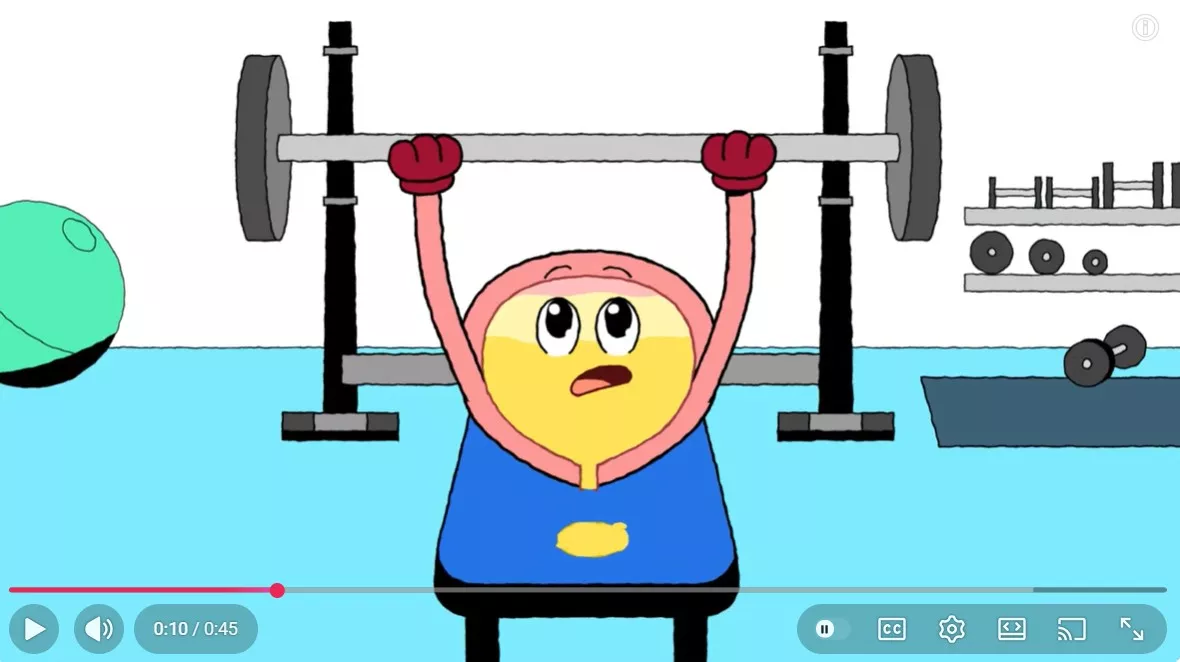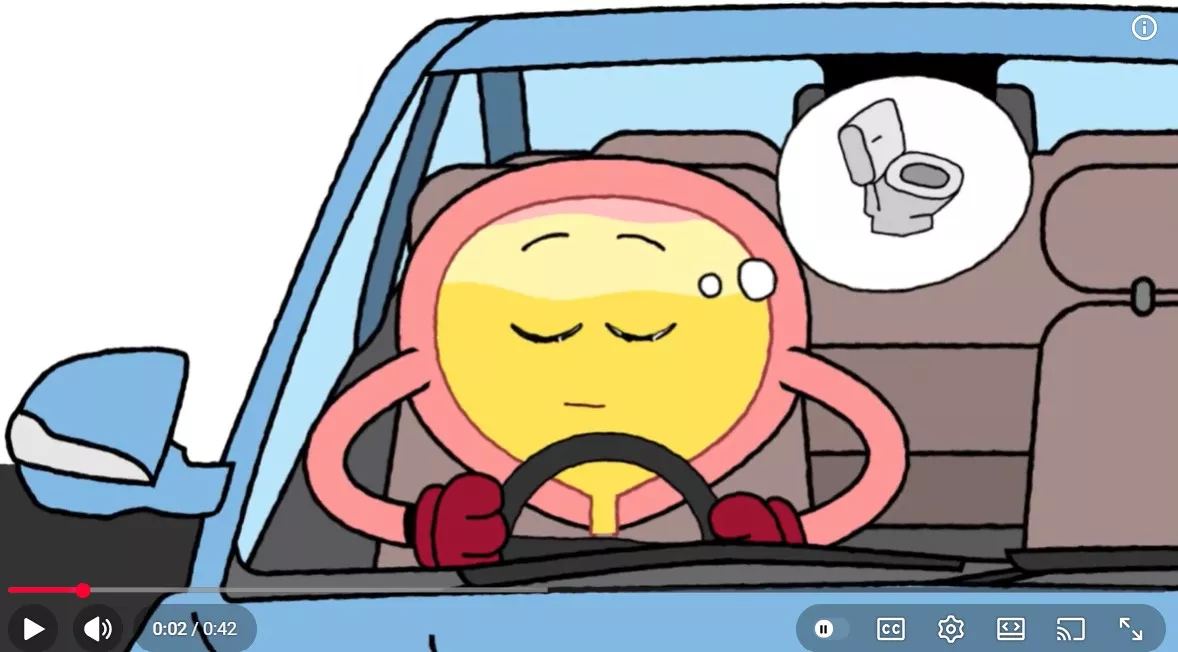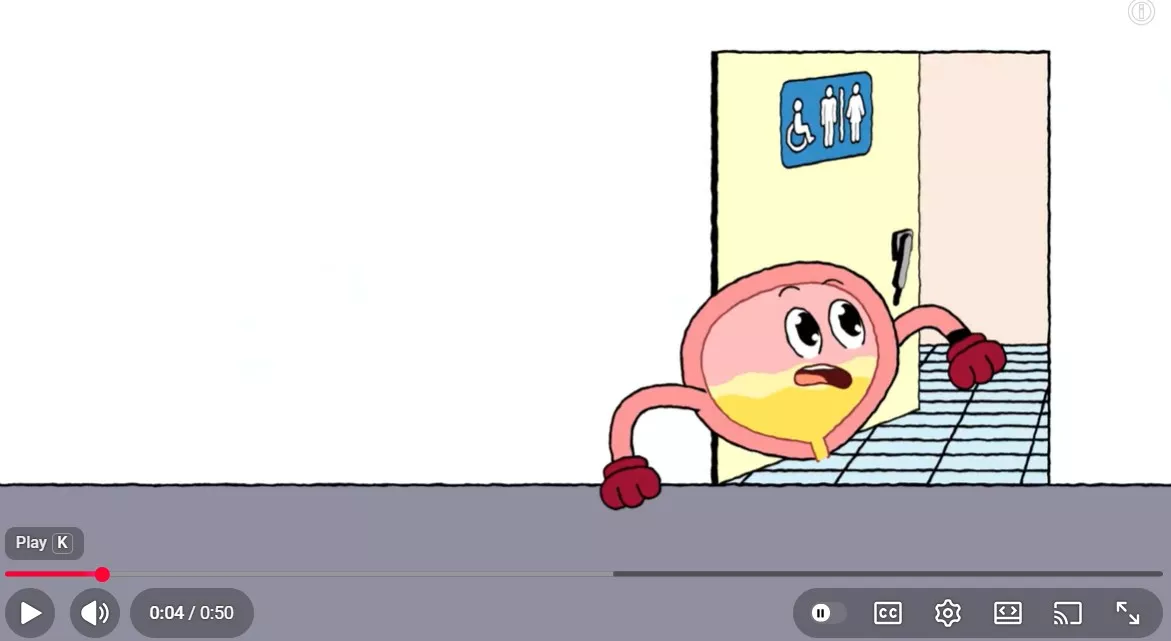Additional languages
Our 'One in three women who ever had a baby wet themselves' factsheet is now available in three new languages: Hakha Chin, Khmer and Punjabi.
'Men's Incontinence' video is now available in two new languages: Swahili and Punjabi.
GUIDELINES FOR INTERPRETERS
Guidelines for Interpreters – What to Expect in a Continence Assessment factsheet.
GUIDELINES FOR HEALTH PROFESSIONALS
Guidelines for health Professionals – What to Expect in a Continence Assessment factsheet.




